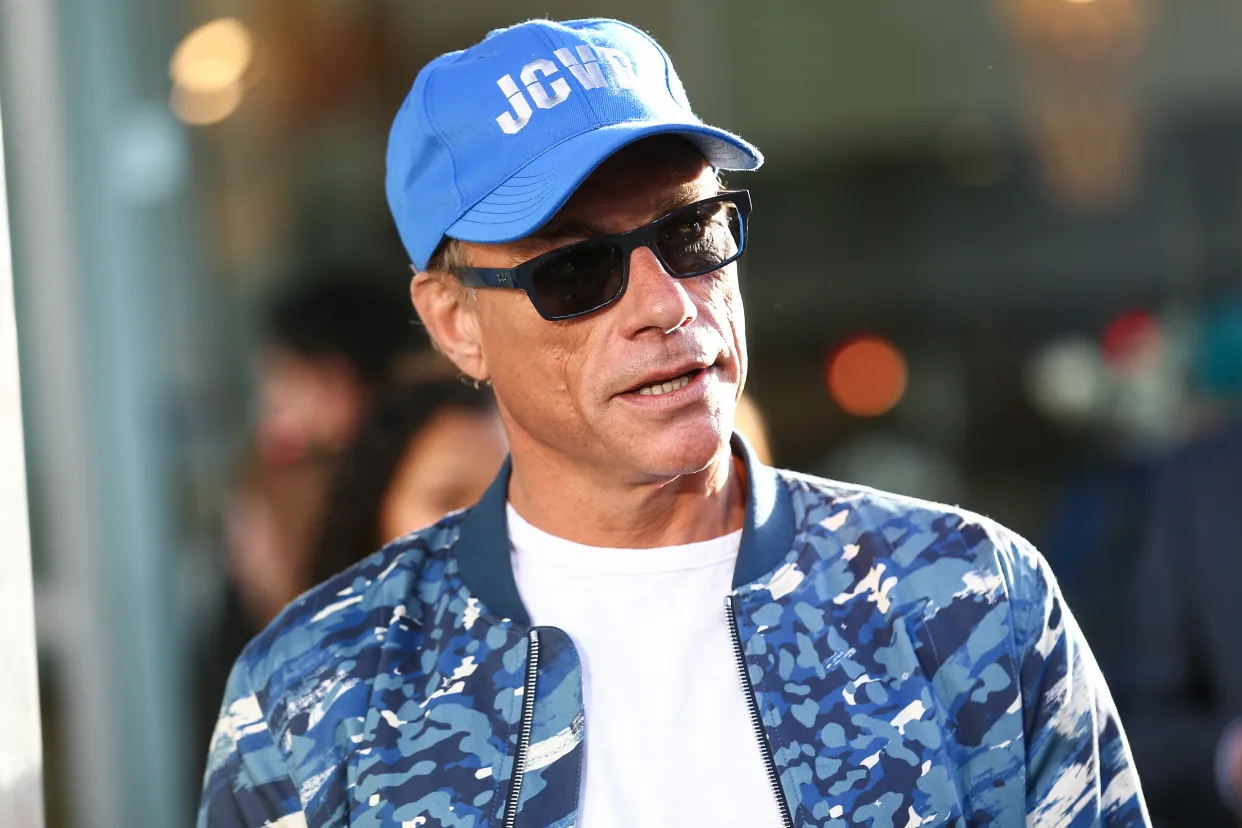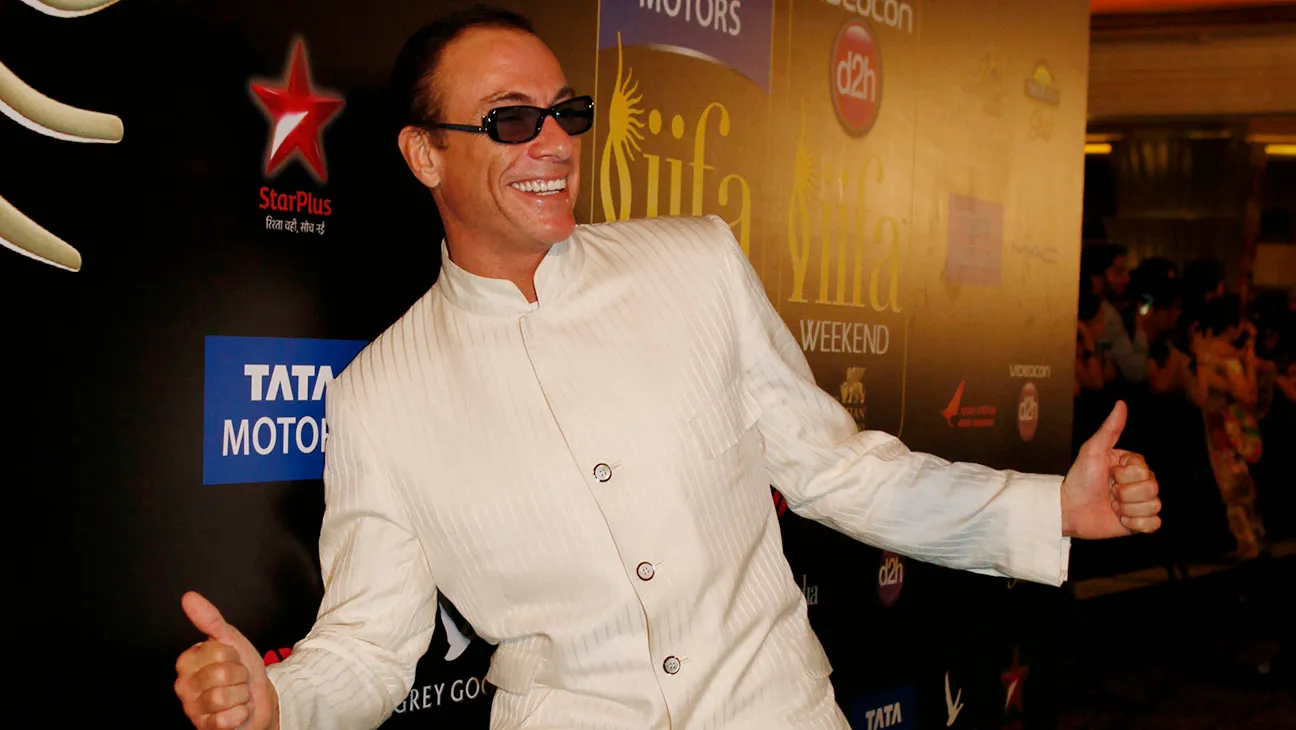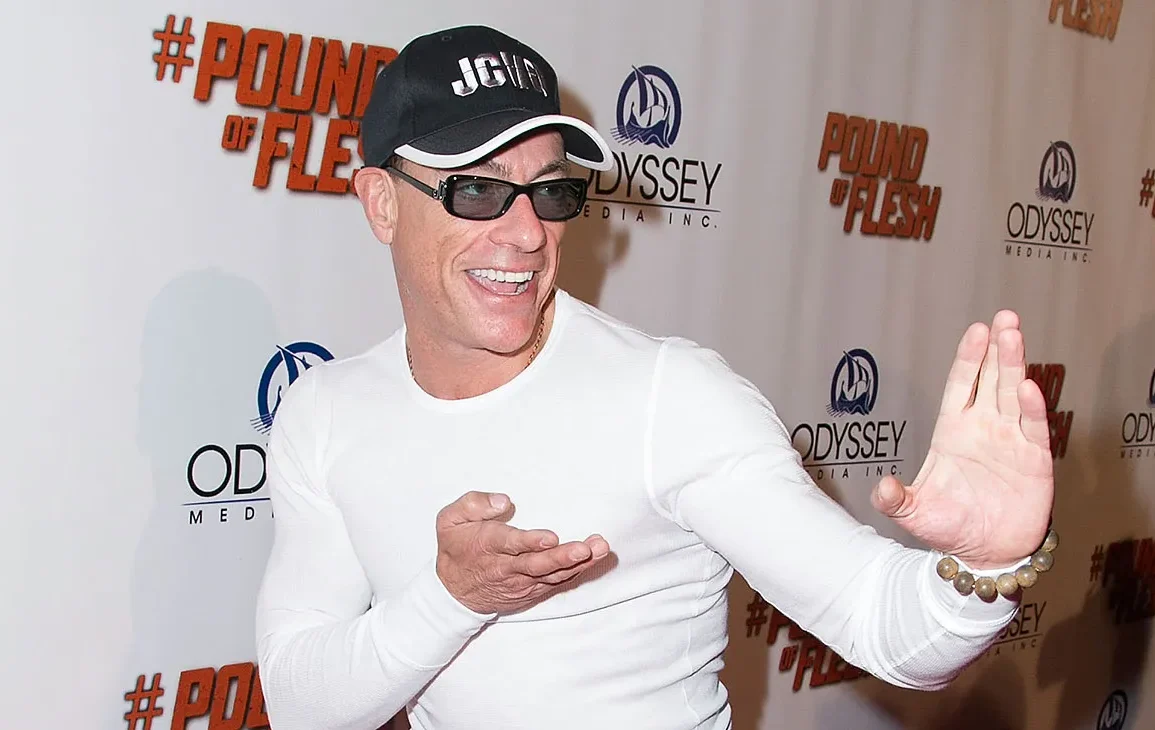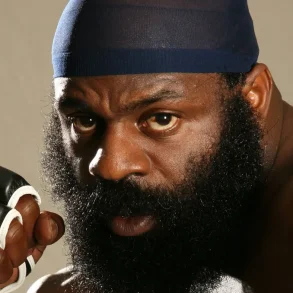Jean-Claude Van Damme, often called the “Muscles from Brussels,” has carved a place for himself in the action cinema genre like few others. With his striking combination of martial arts expertise, athleticism, and charisma, Van Damme became a global icon in the 1980s and 1990s, blending athleticism with intense action sequences to create films that resonated with millions of fans worldwide.
Born on October 18, 1960, in Brussels, Belgium, Jean-Claude Van Damme initially studied ballet before turning to martial arts. His early training, including in shotokan karate, kickboxing, and taekwondo, would form the basis for the physicality that became his trademark on screen. However, it wasn’t just his skills that made him stand out; it was his unique presence and ability to translate intense physical performance into relatable, emotional characters. Van Damme’s action films were not just about fighting—they were about people who fought for something bigger than themselves, who dealt with loss, love, and redemption.
The Breakthrough from Bloodsport
The turning point in Van Damme’s career came in the mid-1980s with Bloodsport (1988). While the film wasn’t a massive hit initially, it became a cult classic and launched Van Damme into the spotlight. Bloodsport was inspired by the true story of Frank Dux, a martial artist who participated in the secretive, no-holds-barred Kumite tournament in Hong Kong.
With its brutal fight scenes and Van Damme’s iconic splits, it showcased his physical prowess in ways that made him unforgettable. But it was more than just his fight scenes that captured the audience’s attention. The movie set the stage for Van Damme to portray a vulnerable hero who was determined to push through insurmountable odds, a recurring theme in his later work.
Following the success of Bloodsport, Van Damme went on to star in a string of popular films throughout the late ’80s and early ’90s. Among these was Kickboxer (1989), a film that solidified his reputation as an action star. Kickboxer introduced audiences to the story of Kurt Sloane, a man seeking revenge for the brutal injury of his brother, who was defeated in a match by the terrifying Thai champion Tong Po.
The movie was a perfect blend of martial arts action and emotional depth. It featured one of Van Damme’s most iconic training montages—preparing for his fight against Tong Po by practicing in a gym where he performs impressive stunts, including breaking through wooden planks with his fists, all to the motivating rhythm of his own heartbeat.

Iconic Action Hero
In Kickboxer, Van Damme’s on-screen persona became synonymous with the quintessential action hero—someone with immense physical capabilities but also someone driven by a personal moral code. He didn’t just fight for glory or fame but for love, friendship, and justice. His dedication to training and his physical performances were taken to the next level, making it clear that Van Damme wasn’t just another actor playing a part—he was fully invested in every kick, punch, and split.
Expanding His Range from Universal Soldier
Van Damme’s rise to fame was accelerated with the release of Universal Soldier (1992), where he portrayed a soldier resurrected from the dead to become part of an army of super-soldiers. The film was a critical and commercial success, and the pairing of Van Damme with action star Dolph Lundgren in this sci-fi action thriller was a highlight. Van Damme played the role of Luc Deveraux, a man caught between his human emotions and his programming as a weapon of destruction. It was this emotional undercurrent that set him apart from his peers in the action genre, turning his characters into relatable, compelling figures.
Balancing Action with Emotion
While his career was built on action-packed blockbusters, what set Van Damme apart from other action stars of the time was his ability to balance brutal action sequences with heartfelt moments. Films like Timecop (1994), Sudden Death (1995), and Hard Target (1993) showcased Van Damme in various roles, but in each, he brought an emotional depth that resonated with audiences. Even as a hard-hitting action star, Van Damme’s characters were always portrayed as individuals with vulnerabilities, flaws, and relatable struggles. These attributes became an integral part of his cinematic identity.

Van Damme’s contribution to the action genre wasn’t just in his athleticism but also in the way he bridged cultures. His international background, as a Belgian martial artist who became an American action star, made him a unique figure in Hollywood. At a time when American action heroes were predominantly white, Van Damme’s European background offered a fresh perspective. His success helped pave the way for other international actors, like Jackie Chan and Jet Li, to break into mainstream Hollywood.
Legacy and Enduring Popularity
Despite facing challenges later in his career, including personal struggles and diminishing box office numbers, Jean-Claude Van Damme’s legacy remains intact. His films may not have always been critically acclaimed, but his influence on action cinema cannot be overstated. He helped define an era of films where physical stunts and martial arts skills were essential parts of the action genre.
His dedication to the craft of fighting choreography, combined with his ability to imbue his characters with depth and humanity, created a lasting impact on audiences and filmmakers alike.
Jean-Claude Van Damme’s legacy as a martial arts icon and action star endures, cementing his place as one of the key figures in the history of action cinema. His films will continue to be celebrated for their high-energy fight sequences, memorable one-liners, and the indelible mark they left on the genre.







